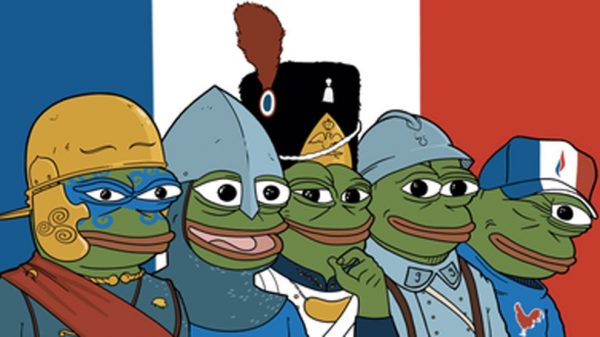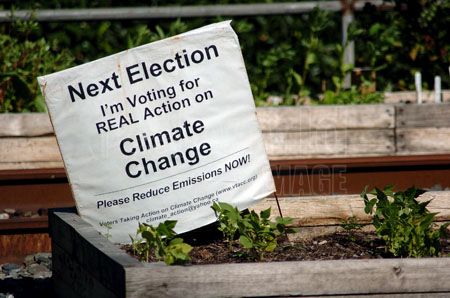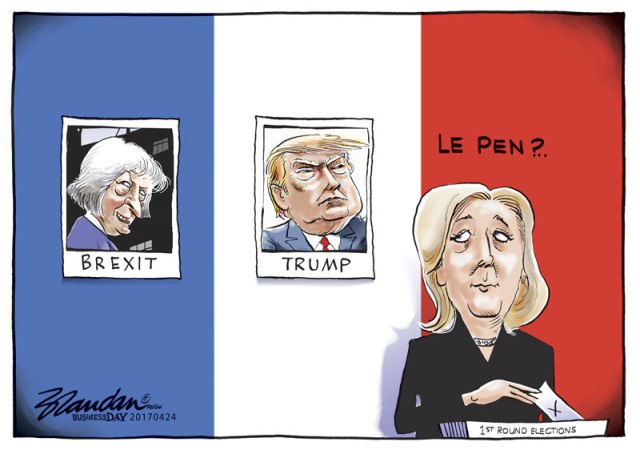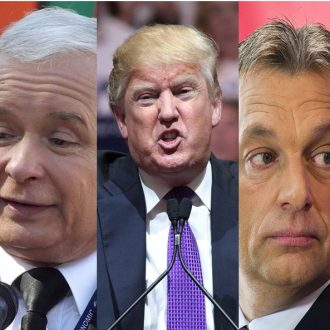Following Trump election in the US last November, Place to B has decided to launch a new project called “Inside Out“. Often times when actors are interior to events, both accuracy and perspective are compromised by being too close to the action; and sadly, often the inverse also holds as well. With Inside Out, we will exit single issue focused, objective, reductive reporting and try together to create a new type of journalistic narrative that takes us beyond the binary. So – perhaps this double Inside Out, Outside In approach would be something you would like to explore with us, to create a journalistic voicing that rises above the deafening solo barrage from our current polarized liberal vs conservative reporting. We hope this interests you and you will help us to create a space for a renewed narrative; and a different, and perhaps more accurate, story.
Inside Out is edited by Sami Cheikh Moussa and Joe Ross.
After a first article by Cécile Chandran from Montreal, Canada, please find below this second piece by Sami Cheikh Moussa, France, and Joe Ross, USA & France.
As we listen to and examine the rhetoric and dominant narratives around various recent elections; we can’t help but wonder about the current health of democracy in nations that purport to adhere to democratic principles as the basis of their governance systems.
Let’s start locally with what happened here in France.
France’s presidential elections were held on the 23rd of April and 7th of May 2017. To say it didn’t go unnoticed would be a gross understatement. For the first time, in a while, it was a story worth following for media abroad. It’s doubtful that any previous French election had ever arisen such worldwide interest, several months before it even happened. As a French citizen, it is quite unusual to feel you’re under the scrutiny of other countries when you are in the voting booth. This honor is usually reserved to Americans or, even if less frequently, Germans. French politics was until recently mostly a subject of bewilderment for foreigners (with its “small candidates” and unbelievable high number of parties) than a real subject of interest. Following Brexit and Trump election, all that changed of course.
It’s true that French people in general are quite interested in politics, here and abroad. Parisians, in particular, spend an awful lot of time discussing past and future elections. So the road to French elections was felt by many to be paved with endless comparisons with what was happening in other countries. If Brexit was at first considered as a side effect of local peculiarities of our British friendenemies, notwithstanding the very real impact it had, US elections made it all too clear something larger was happening. All of a sudden, it was like our own elections had had two other rounds of voting we didn’t know existed and still lost. Le Pen and the Front National were all too happy to remind everyone that “Brexit and Trump could never win either”. It was strange to see how nationalists themselves became all of the sudden globalists, so glad and proud to draw comparison with what other countries and people had done to advance their own views. Quite ironic, don’t you think?

A meme posted by trolls campaigning for Marine Le Pen
It is obvious this storytelling influenced the democratic process in France. Everybody was using those examples to try to analyze what was happening here. With a powerful narrative about a global rise of nationalism and authoritarianism largely underestimated by the media; how was it possible not to see your own vote as a simplistic vote of resistance against this gigantic wave? All the more when it was clear that Americans, British, and many other citizens of foreign countries were also seeing it that way. “Are the French going to vote the same way we did or not?”. “Is it happening there as it is happening here?”. Reaction to the final results showed it well in fact. It was indeed just as if we had had someone looking over our shoulder while casting the ballot.
We have now entered a period where borders don’t matter that much when reporting on elections. Every vote, wherever it is taking place, in the UK, US, Turkey, Netherlands, France, or Germany is a milestone; as one can’t help to wonder each time if there will be a future free election, or is this to be the last time to vote. Each election is like a new batch of data to measure how fast or not our world is descending into dark times (whatever your own position on the political spectrum by the way). A storytelling depicting the world that way is at the same time depressing and particularly counterproductive. It diminishes the importance of local debates to replace it by a giant war between good and evil. A black and white photography that makes it very easy to miss all other very real and urgent issues, locally or internationally, like: climate change, environmental issues, judicial reform, tax reform, etc etc. . .

And what does that say about us? About our human need to associate and create in community. Are we too becoming more isolationist and retreating into individualistic cocoons instead of welcoming the cacophony of communal creativity? We hope not.We need another narrative where this blurring of borders during elections doesn’t restrict itself to the issue of the rise of Nationalism. (We need to see and report on, and in perhaps new ways and forms; the complexity and interdependence across all ecosystems) It’s far from being the only subject worth reporting from abroad. We need systematic coverage on how important other elections are to us because of the dangerous misconceptions of some of the contenders. Climate change is a timely example…

Donald Trump on CNN
We need the right information on the impact of an election abroad on biodiversity and environment. We need to see elections as milestone on the road toward transition, collaboration, and culture building, and not only towards authoritarianism. In the end, narrators, storytellers, and cultural workers are key players to foster collaboration and unity across frontiers for climate correction and transition issues at the time of elections. The so-called alt-right militants can’t be the only one capable of collaborating in different countries to influence politics;
we must act together to creatively change the way the story gets made and told!
 Brexit, Trump, & Le Pen - Brandan (www.BrandanReynolds.com)
Brexit, Trump, & Le Pen - Brandan (www.BrandanReynolds.com)


